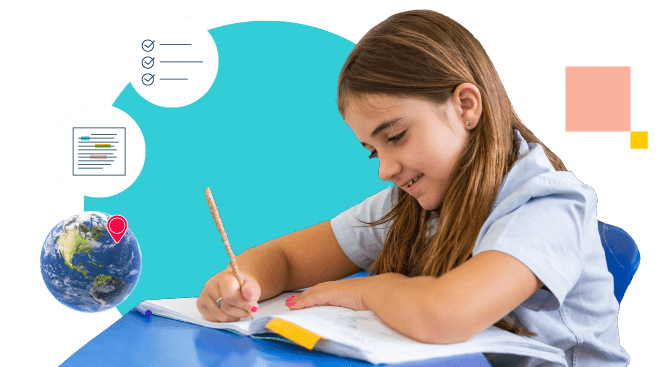The British College of Brazil is recognized as one of the best British Schools in São Paulo. From the start of our Early Years programme, we build your child's growth mindset so they can approach every day with the confidence and resilience they need to achieve their greatest potential.
Our talented teachers work closely with each child within our small classes, tending to their interests and needs with great care and attention. This tailored approach allows every student to have the right support for their academic abilities, alongside personalised guidance that helps them thrive socially and emotionally too.
Because we teach from world-renowned British and international curricula at BCB, there are many possibilities for your child’s unique journey and future. We weave important skills – like curiosity, experimentation, research, creativity, and collaboration – into every experience, so they’ll always connect their lessons to real life.























.jpg?rev=c34ed306d03a40508fdd2c0e898240f3&hash=F0AA11C949D7E4BB5DBE4CAAF1E21942)






